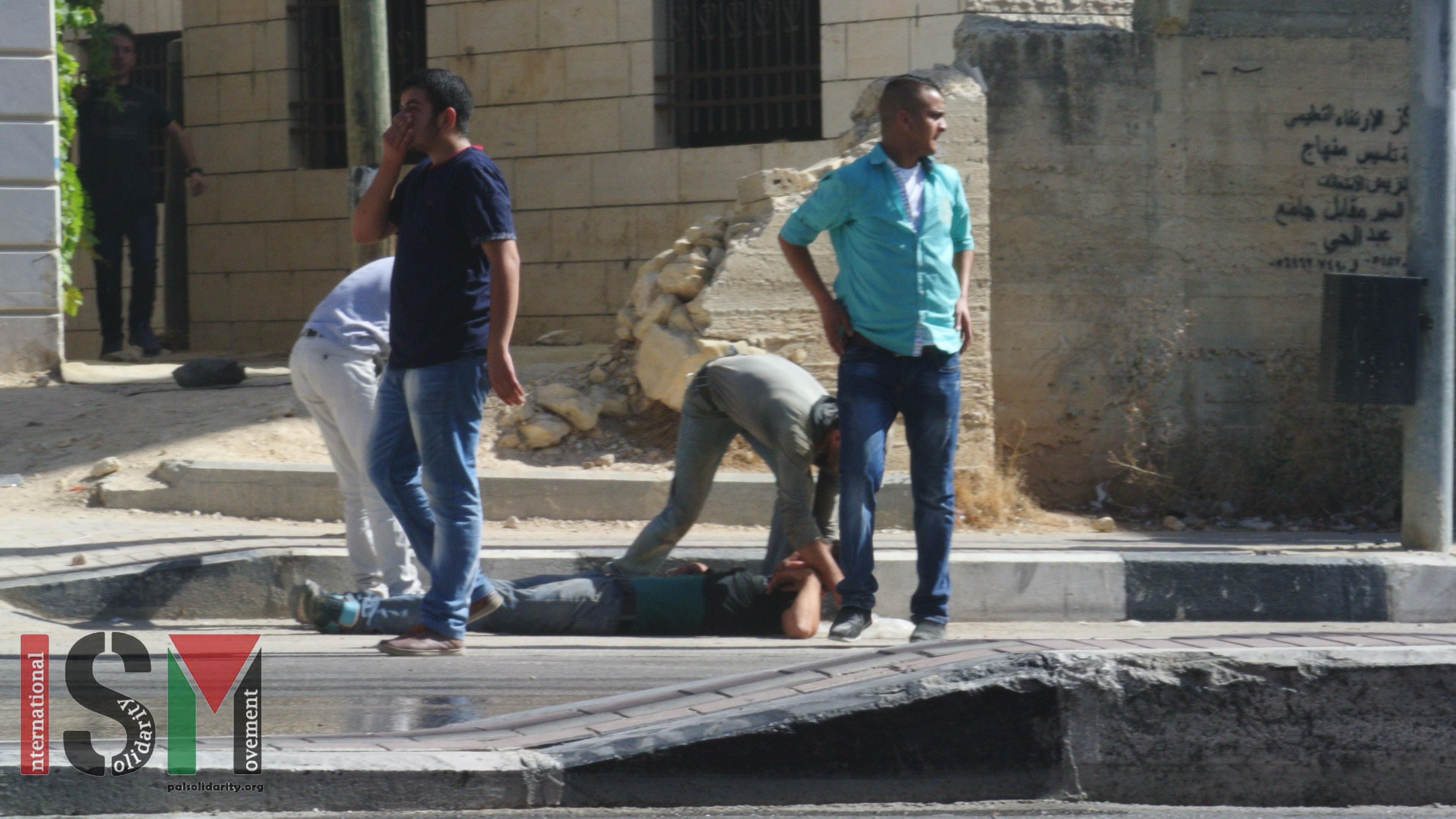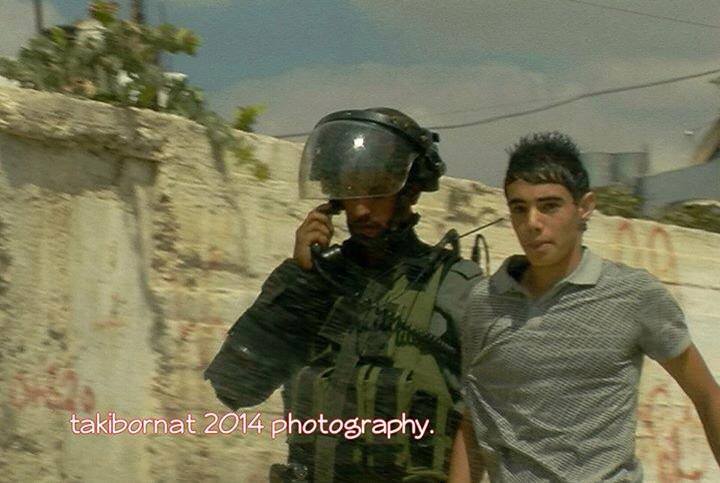-
Two Palestinians shot dead by Israeli forces lead to clashes with over 30 injured
23rd September 2013 | International Solidarity Movement, Khalil team | Hebron, Occupied Palestine Violence broke out on the streets of Hebron’s university district (al-Khalil) this morning when Israeli soldiers opened fire on unarmed demonstrators who had been protesting the murders of two Palestinians earlier that day. Protestors took to the streets after Marwan Kawasme, 29, […]
-
Action alert: Arrested on the way to school in Bil’in
23rd September 2013 | International Solidarity Movement | Bil’in, Occupied Palestine On September 14th at 11:00 in the morning, 15 year-old Ibrahim Abu-Rahma was walking to school with his little brother, 13-year-old Ahmed, in their village of Bil’in. An Israeli army jeep had infiltrated the village and stopped near the boys. The two ran in the opposite direction, only […]
-
Protest against forced eviction pushes Israeli forces from the area
22nd September 2013 | International Solidarity Movement | Ezaryah, Occupied Palestine Today at 10:00, approximately 40 Palestinians and internationals marched together on a demonstration in the Ezaryah area east of Jerusalem. The demonstration was called to protest the forceful eviction of Palestinian Bedouin families in the Ras al-Baba area, close to Jerusalem. The civil administration is planning […]
Action Alert An Nabi Saleh Apartheid Wall Arrests BDS Bethlehem Bil'in Cast Lead Demonstration Denial of Entry Ethnic Cleansing Farmers Gaza Global Actions Hebron House Demolition International law Israeli Army Jerusalem Live Ammunition Nablus Ni'lin Prisoner Ramallah Rubber-coated steel bullets Settlement Settlers Settler violence Tear-Gas Canister Video



